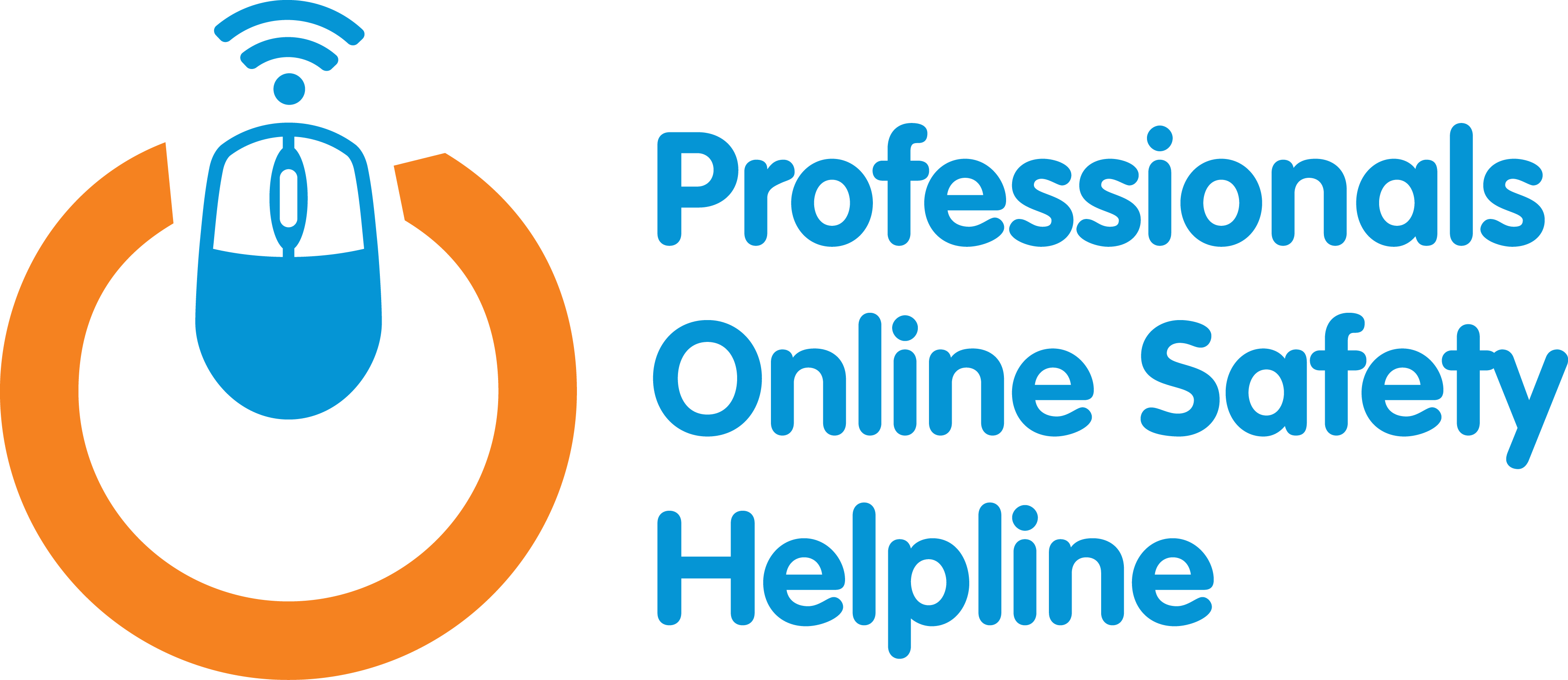
Professionals Online Safety update: July – September 2017
The third quarter of the year usually sees a slight dip in calls to the POSH Helpline due to the summer holidays, however this year we have seen a 40% rise in contacts compared to the same period in 2016.
Reputation Management
At the beginning of a new academic year the main type of queries we receive from schools are about reputation, this is due to the various online discussions that take place over the summer coming to light when staff return.
This year has been no different, in fact we’ve seen a 34% rise in contacts about reputational issues based on the same reporting period in 2016.
The focus of complaints has largely centred on changes to school policy. We have dealt with several complex cases involving harassment of individuals where their images or identifiable information during this quarter. We always encourage staff to investigate any allegations, regardless of the way they are raised.
Where complaints become personal and threats are directed at individuals and their images shared without their consent. It’s worth noting that in general social networking sites do not allow targeted abuse of a named individual and there are reporting routes available for this. Anyone who is directly targeted in this way should report it.
If your organisation is looking for help managing its online reputation, SWGfL’s award winning online safety toolkit, Boost, provides a number of support tools to help deal with these challenges.
Abuse of Privacy
Abuse of privacy continues to be a big problem in this quarter: there has been a 350% rise in contacts about it in comparison in to the same reporting period in 2016.
In this quarter shame and humiliation have been the main cause for concern where young people and professionals are impersonated and/or their private information is shared online.
Some of the most popular social networking sites have reporting routes for impersonation and for personal information being shared without consent. We would recommend that anyone who finds themselves victimised in this way reports the issue, if following the report they continue to be targeted we would recommend that they contact the police.
Vigilante Hunters
Following press coverage around police working with vigilante groups to catch sex offenders, we have received a number of contacts about the issue.
A trend that has been brought to our attention recently is of social media accounts that have been set up to livestream footage of when a hunter confronts a suspected sex offender. We have received a number of calls from police forces across the country asking for assistance in removal of this type of footage as it is detrimental to their ongoing investigations.
This has brought about a number of discussions about the moral issues this poses around entrapment, public shaming, human rights and the wellbeing of the person exposed – who may be innocent – as well as that of their family and friends.
There’s not a straightforward answer to this problem from our perspective as removing the video could be removing evidence detrimental to any ongoing police investigation. Also the added complexities around entrapment/ public humiliation can lead to further investigations which we also wouldn’t want to put at risk. Police can request that the hunter(s) remove the footage, but refusal may then mean court proceedings will have to be followed to get the video removed. By the time this happens the viral nature of such footage will mean the damage to the people exposed and their friends and families is already done.
The Future
In light of the Government publishing its Internet Safety Strategy Green Paper recently highlighting the emphasis of a collaborative approach to online safety, it’s important to once again emphasise the importance of continuing to work together with colleagues and partner organisations in the pursuit of keeping everyone safer online.
If you have any online safety concerns, the Professionals Online Safety Helpline, is on hand to provide members of the children’s workforce with free, independent, expert advice.